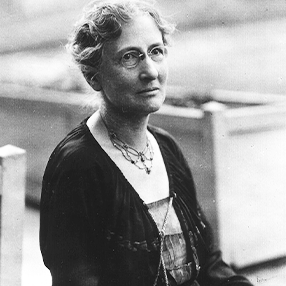In the Yellowstone
Little pin-prick geysers, spitting and sputtering;
Little foaming geysers, that spatter and cough;
Bubbling geysers, that gurgle out of the calyx of morning glory pools;
Laughing geysers, that dance in the sun, and spread their robes like lace over the rocks;
Raging geysers, that rush out of hell with a great noise, and blurt out vast dragon-gulps of steam, and, finishing, sink back wearily into darkness;
Glad geysers, nymphs of the sun, that rise, slim and nude, out of the hot dark earth, and stand poised in beauty a moment, veiling their brows and breasts in mist;
Winged geysers, spirits of fire, that rise tall and straight like a sequoia, and plume the sky with foam:
O wild choral fountains, forever singing and seething, forever boiling in deep places and leaping forth for bright moments into the air,
How do you like it up here? Why must you go back to the spirits of darkness? What do you tell them down there about your little glorious life in the sun?
This poem is in the public domain. Published in Poem-a-Day on July 9, 2022, by the Academy of American Poets.
“In the Yellowstone” was published in Poetry XX, no. 4 (July 1922). Written in long, free verse lines, Monroe’s speaker uses rich natural imagery to evoke the beauty of the geyser basins of Yellowstone National Park and apostrophe to conclude the poem by expressing to the geysers her wonder that their spray should eventually return to the earth. Three years prior, in Poetry XIV, no. 6 (September 1919), Monroe remarked in her essay, “Back to Nature,” that “[i]t may be that the movement for national and state and municipal parks—for the reservation of wilderness, little and great, to the use of the people forever—is the most important, the most deeply impassioned, spiritual and aesthetic enterprise of our time.”

